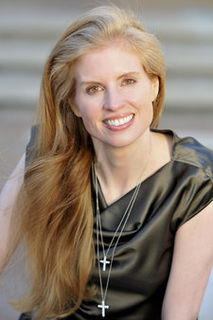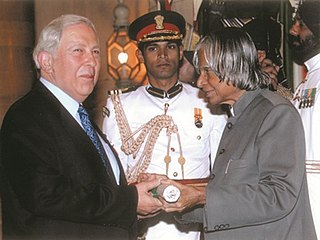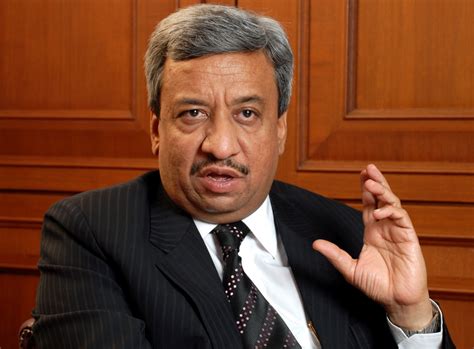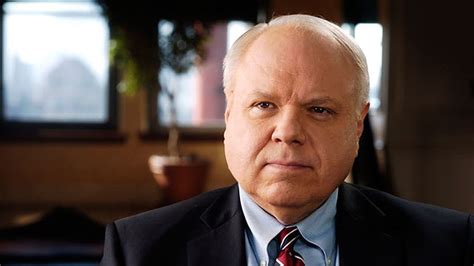A Quote by Rohini Nilekani
In the ideal world, philanthropy should be redundant or at least it should be at the edges, as innovation or risk capital. But it's far from an ideal world; the wealthy are cornering more and more opportunities and resources from this planet. So, the big challenge for philanthropy is... can it engage with the distribution of wealth itself?
Related Quotes
I was encouraged to break all the rules but to take the best of philanthropy, the best of investing, and the best of development finance, and experiment with new ways to create this venture capital model of using philanthropy to back patient capital investments, and then build solutions that were measured in terms of the kind of impact and change they were making on people's lives and in the world, not just on the financial return.
It is this idea 'decency' should be attached to wealth -and 'indecency'' to poverty - that forms the core of one strand of skeptical complaint against the modern status-ideal. Why should failure to make money be taken as a sign of an unconditionally flawed human being rather than of a fiasco in one particular area if the far larger, more multifaceted, project of leading a good life? Why should both wealth and poverty be read as the predominant guides to an individual's morals ?
One of the big myths about philanthropy is that it's all about donating funds for a cause. I like to look at it quite differently. Philanthropy is about 'giving' - not just in monetary terms but also in non-monetary aspects, like time, ideas, or being a volunteer. Donating money is just a small part of philanthropy.
The growing inequality of wealth and income distribution is both a moral and economic problem. If the wealthy are unwilling to pay more taxes, then this is going to lead to spending cuts. And if you put off the table things like national defense, then you're going to end up cutting more and more out of programs that aid the poor. So, I think there are consequences to this idea that tolerance for inequality requires us to - to just do nothing to make the wealthy contribute a higher share of resources to fund the government.
It is true that so far as wealth gives time for ideal ends and exercise to ideal energies, wealth is better than poverty and ought to be chosen. But wealth does this in only a portion of the actual cases. Elsewhere the desire to gain wealth and the fear to lose it are our chief breeders of cowardice and propagators of corruption. There must be thousands of conjunctures in which a wealth-bound man must be a slave, whilst a man for whom poverty has no terrors becomes a freeman.



































